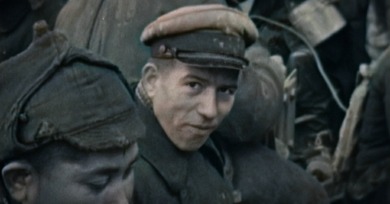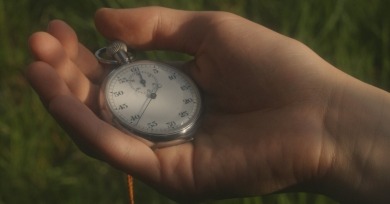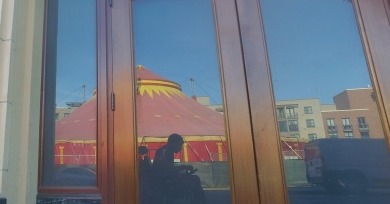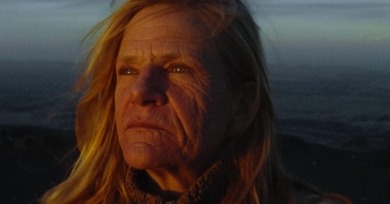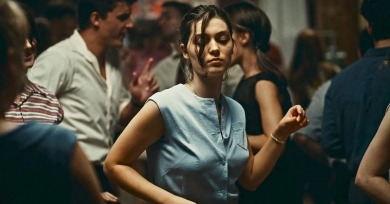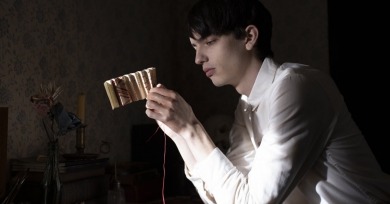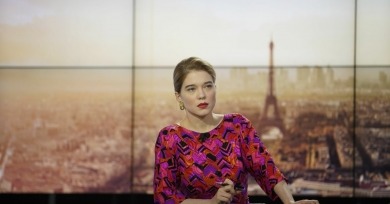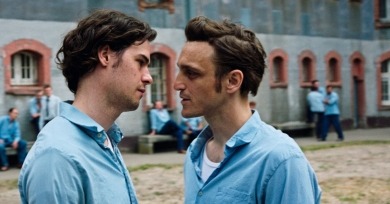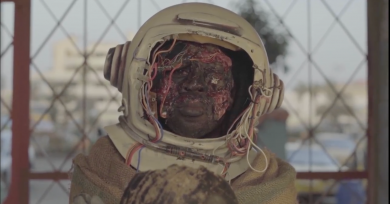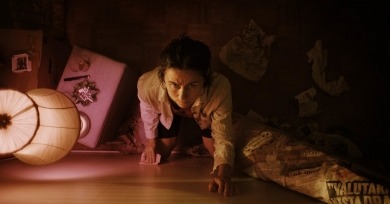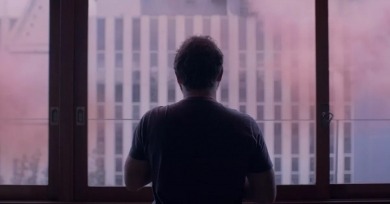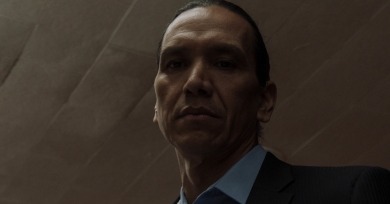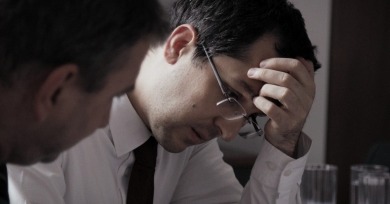Festival Dispatch
Visits to cinema showcases around the world
The most intriguing films I saw were premised upon an often performative return to the near or distant past to resolve pesky questions of home or relationships, which is to say, inevitably, questions of identity and inheritance.
Even in this capacity-reduced iteration, one sensed the anticipation of what felt like largely local crowds returning to the program, perhaps for the first time since 2020, at each sold-out Forum screening.
In the murky waters of documentary ethics, responsible filmmaking is not always a question of authorship, but of perspective. It is not just about who is behind the camera, but who is seen through its lens.
Bemoaning or simply acknowledging the metastasis of the “Sundance film” has an obvious tendency of obscuring the nonfiction and non-English narrative entries that premiere at the festival and aren’t likely to be sought out by viewers, especially virtual ones.
Viewers watching this year’s Sundance films are being asked to interrogate their ways of seeing, coming up against films that examine perspective by more thoroughly investigating the relationship between who’s behind the camera and what we see on screen.
Several films on view continued to reckon, indirectly or otherwise, and to varying degrees of success, with our era of disrupted intimacy and heightened loneliness. Titles include Quickening, The Humans, and The Power of the Dog.
Certain forms are still anathema to what constitutes serious cinema, and that changes in approach, personnel, or temperament are acceptable so long as they do not disrupt our preconceived notions of the author’s vision.
Tender where most films of its kind are tough, Greet Freedom is nonetheless unflinching in its emotional honesty and highly detailed in its artistry. Also reviewed: Annette and Intregalde.
Verhoeven wants us to know who the real perverse parties are here, and he avoids charges of blasphemy in Benedetta by mining the history of the Catholic Church in rigorous, drippy excess. Also reviewed: Anais in Love, Bergman Island, Small Body, Three Floors.
The curators ask in the program notes, Can remembrance fix a broken world? At the core of this inquiry into the world, and the status of the human within its historical, sociopolitical, technological, and ecological parameters, lies the emphasis on feeling.
There was a fair amount of expectation for this year’s Midnight selections to contain the next iteration of meaningful, shocking, or gossip-inspiring titles that could also be talked about as layered, complex examinations of real-world issues.
In their ambivalence and open-endedness, these films paradoxically brought me closer to a kind of emotional release than any other films in the festival, managing to capture our current state of uninterrupted dread and malaise in a way that feels comfortingly familiar.
This year there wasn’t as much awkwardness in the form of glitchy, poorly synced Zoom interviews, as one might have expected, though the same can’t be said for the sometimes verbose, overly grave ways that some filmmakers talked about their projects.
With hand sanitizer presence at venues and travelers carrying packs of alcohol wipes, we were aware that life was in the process of reconfiguring itself, but it didn’t quite seem real yet.
